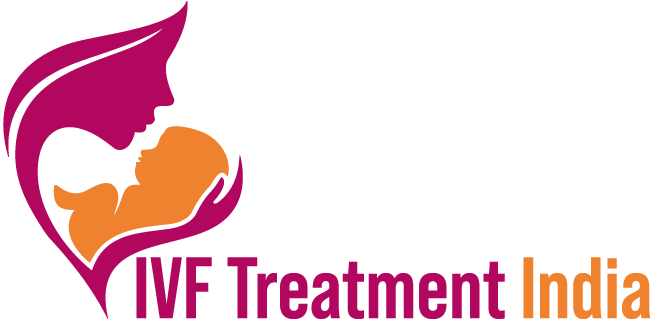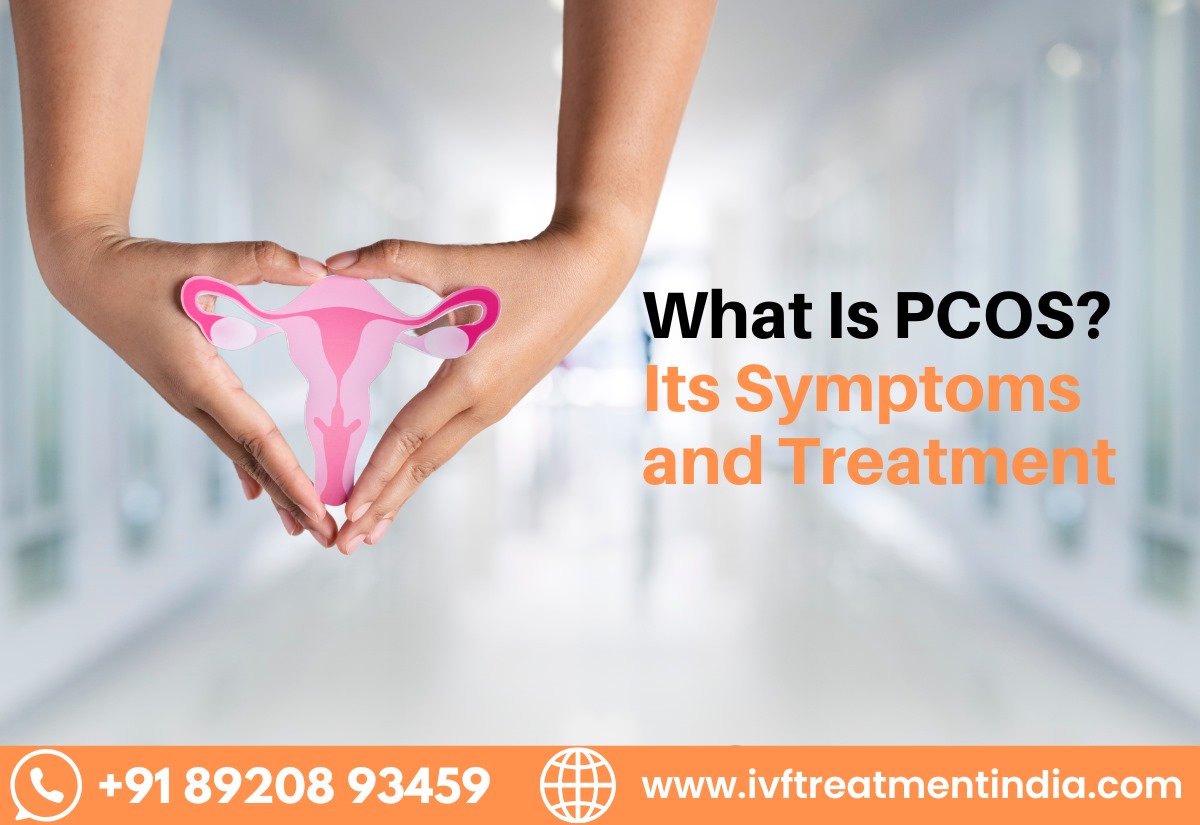Polycystic Ovary Syndrome (PCOS) is a hormonal imbalance that occurs when the ovaries produce excessive amounts of hormones called androgens. This condition is one of the major causes of irregular periods or the complete absence of periods. PCOS disrupts the balance of reproductive hormones in the body.
As the name “polycystic” suggests, small follicle cysts are often present in the ovaries. While these cysts may not always cause noticeable symptoms, they can be detected through an ultrasound. These cysts develop due to a lack of ovulation. Although they are not dangerous, they can sometimes cause pain during the menstrual cycle.
PCOS is one of the causes of female infertility and assigned female at birth (AFAB). This leads to other problems in the female body that will be discussed later.
Symptoms of Polycystic Ovary Syndrome (PCOS)
Here are some common symptoms of PCOS, such as:
- Abnormal periods: Irregular or skipped menstrual cycles, or having no periods at all, is one of the signs of PCOS. Heavy bleeding during periods is another common problem during the menstrual cycle.
- Abnormal hair growth: Excessive facial hair growth or heavy hair growth on the arms, chest, and abdomen is one of the conditions known as hirsutism. This affects almost 70% of females with PCOS.
- Pimples: Acne on the face, chest, or back is another symptom. These acne spots may leave scars behind that are very difficult to remove.
- Obesity: Weight gain or obesity is seen in almost 50–80% of people with PCOS, and it is often difficult to lose the extra weight.
- Cyst: The development of cysts, which can be detected through an ultrasound, is a common symptom of PCOS.
- Dark skin: Patches of dark skin, such as those between the neck and chin, in the armpits, or around the groin, can also be seen.
- Hair fall: Heavy hair fall can lead to thinning of the scalp or even baldness.
- Infertility: PCOS is one of the most common causes of infertility in females with AFAB. Due to not ovulating properly.
Causes of Polycystic Ovary Syndrome (PCOS)
The actual and exact causes of PCOS are unidentified till now. However, doctors have identified some common factors that other females don’t experience. So, here are the common causes of PCOS:
- Excessive development of androgen hormones: This hormone prevents the ovaries from releasing eggs, which is the main cause of abnormal periods. Abnormal ovulation can lead to the development of cysts in the ovaries. Additionally, this hormone is one of the reasons for excess hair growth or acne.
- Insulin resistance: An increased level of insulin in the body can stimulate the release of male hormones. Insulin plays a key role in helping the body process sugar and convert it into energy. However, insulin resistance prevents sugar from functioning properly. Being overweight or obese can contribute to insulin resistance.
- Low-grade inflammation: White blood cells indicate the level of inflammation, which can be measured using a CRP (C-reactive protein) test.
Hormones that affect Polycystic Ovary Syndrome (PCOS)
Here are the hormones listed that affect PCOS:
- Estrogen
- Androgen
- Progesterone
- Follicle-stimulating hormone
- Luteinizing hormone
- Insulin
Criteria for Diagnosing Polycystic Ovary Syndrome (PCOS)
Three common symptoms that diagnose PCOS if you are having two of them then, you are definitely having PCOS
- Irregular or skipped periods.
- Excessive level of androgen in the body that causes extreme hair growth.
- Ovaries become larger than usual.
Can IVF Help with Pregnancy for Those with (PCOS)?
Yes, definitely. IVF is a wonderful technique to gain pregnancy, whether you have PCOS or any other infertility issues. In this process, eggs are directly retrieved from the ovaries and fertilized with the sperm in a laboratory. Furthermore, this technique helps infertile and hopeless couples achieve a successful pregnancy.
Treatment of PCOS
Treatment that is associated with symptoms, medical history, or other conditions. Here are some treatments that help to conceive pregnancy even if you have PCOS:
- Healthy lifestyle and maintain a balanced diet.
- Regular exercise.
- Medicine to induce ovulation.
- Surgery.
- In Vitro Fertilization (IVF).
Treatment of PCOS in India
IVF treatment in India is never a regretful decision. PCOS treatment in India is possible with the best fertility clinics. Also, gynecologists treat the issue with a better understanding of the health condition of the patient. The cause of PCOS is still unidentified, but the symptoms can be treated accordingly.
Moreover, IVF treatment in India is affordable and cost-effective compared to other nations. Doctors work to treat the symptoms of PCOS, which can help increase fertility chances naturally
Conclusion
Polycystic Ovary Syndrome (PCOS) is a hormonal imbalance that occurs when the ovaries produce excessive amounts of hormones called androgens. This condition is one of the major causes of irregular periods or the complete absence of periods.
PCOS is one of the causes of female infertility and assigned female at birth (AFAB).

